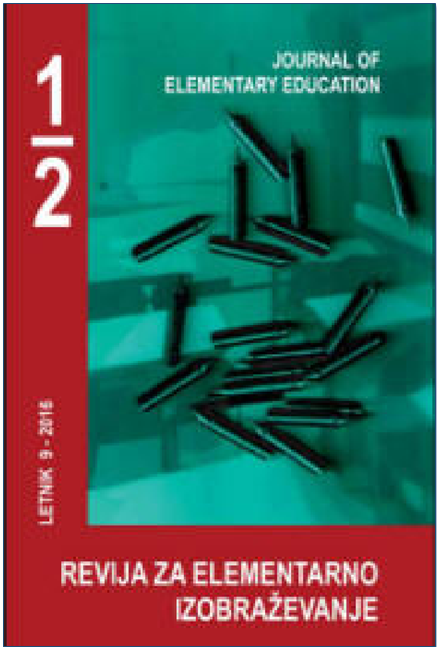Assessing Reliability of a Multi-Dimensional Scale by Coefficient Alpha
Abstract
The purpose of the study was to assess internal consistency by calculating coefficient alpha. It presents the variation in coefficient alpha, depending on questionnaire length and the homogeneity or heterogeneity of the questionnaire. The maximum possible value for coefficient alpha was also calculated by the item elimination method. The study included 99 children aged 10. The children completed The Athletic Coping Skills Inventory – 28 (ACSI-28; Smith et al., 1995), which contains seven constructs: coping with adversity, coachability, concentration, confidence and achievement motivation, goal setting and mental preparation, peaking under pressure and freedom from worry. The results confirmed that the values of the alpha coefficient vary depending on the number and composition of items and the sample size. In terms of item structure, homogeneous constructs yielded lower values for the alpha coefficient (in a range from .48 to .61) than the questionnaire with all the constructs (alpha = .79), despite higher inter-item correlations. In terms of the number of items, the longer test generated higher alpha coefficients (alpha = .79) than the shorter test (half-sets of items = .60, .73, .69, .70). A higher overall value (alpha = .83) can be achieved by item elimination.
Downloads
Copyright (c) 2016 The Journal of Elementary Education

This work is licensed under a Creative Commons Attribution-NonCommercial-NoDerivatives 4.0 International License.
